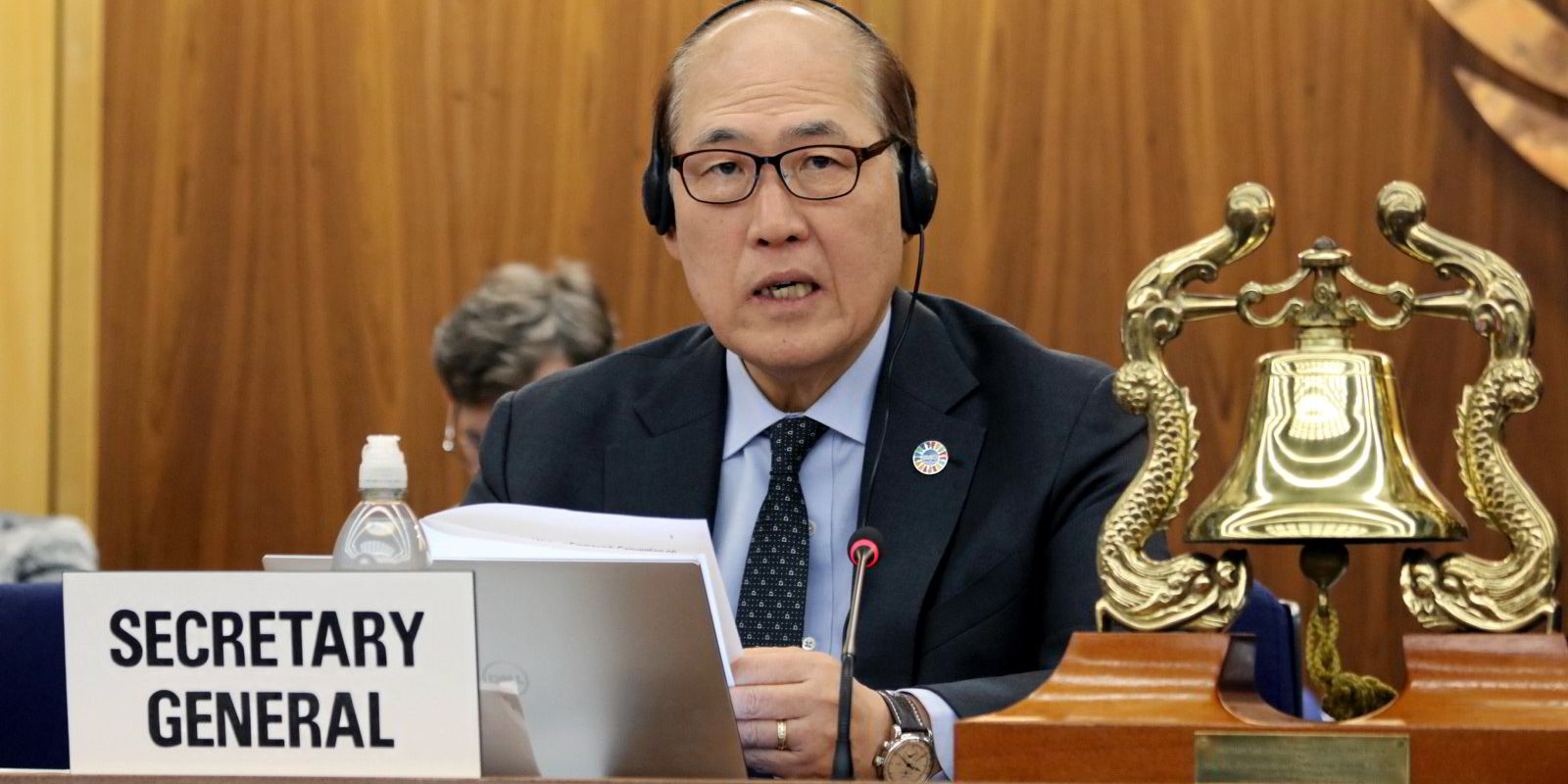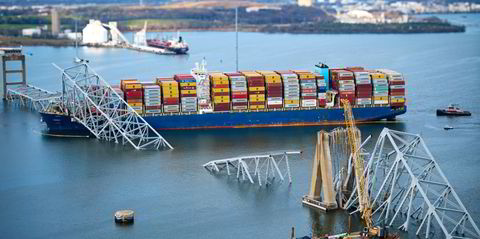Shipping isn’t just the backbone of the global economy, it’s the lifeblood. From food and raw materials to cars and computers, around 90% of global trade is transported by sea. Although it doesn’t get the climate attention of other sectors such as energy or passenger vehicles, it should.
If the shipping industry were a country, it would be the sixth-largest greenhouse gas emitter. To put it simply, we are not going to hit the international target of limiting global warming to 1.5C without eliminating shipping emissions. And we’re running out of time to make it happen.
That’s the reality that delegates to the International Maritime Organization will face when they gather in London for two weeks of negotiations. This meeting is the right time for the IMO to act formally to put in place policies that will put the industry on a path towards a stable climate.
The IMO is the only venue for countries to develop and execute shipping emissions reduction measures at a global scale. It’s hard to imagine a successful country-by-country patchwork of actions that would produce results on the scale or timeline we need. Even bold regional action, such as we have seen in the European Union, will not be enough to navigate the industry to decarbonisation globally.
IMO delegates understand this challenge. Now they must seize it. The weeks ahead are a unique opportunity to spur an ambitious and fair emissions reduction programme that supports the global economic recovery on which we depend.
But what does an ambitious and fair future for shipping look like?
First, countries should act on the urgency of the moment. With evidence of accelerating climate change, a target of zero carbon emissions from shipping by 2050 is essential, as well as interim targets for 2030 and 2040 against which progress along a 1.5C pathway can be checked. These targets will drive companies and countries to invest, act and collaborate.
Second, IMO delegates should require that the industry’s full life-cycle emissions be included in these reduction targets. Carbon emissions from the extraction, production, processing and delivery of shipping fuel, not just from the combustion of fuel on board, must be accounted for and eliminated. This is key to developing practical, cost-effective ways to unlock investment in zero-carbon and very low-carbon fuels, as well as stimulate existing efficiency measures to scale them up for a successful transition.
Third, the IMO should act to require a clear market signal, in the form of a carbon price on shipping, to stimulate and support the investments needed to achieve the two objectives listed above. Here equity must play a central role.

Developing countries, sometimes referred to as the Global South, are highly dependent on shipping for their economic survival and growth but have not been a major source of the climate pollution harming us all today.
While these countries should not be exempt from measures to reduce emissions, they should not be required to pay for burdens that industrial economies have imposed on the world over the past century or more.
A well-designed IMO carbon levy will generate revenue that can be used to underpin investors’ confidence in zero-carbon ships, help close the price gap between dirty existing fuels and low-carbon alternatives and provide funding for infrastructure development or climate mitigation measures where they are most needed in the developing world.
Shipping’s transition to a truly sustainable future will be costly, especially in its early stages. In fact, some countries — particularly those in the Global South — might be hesitant to adopt any new measures due to the cost that might be passed on to their people.
Yet the longer we delay, the greater those costs will become, and the less countries will be able to benefit from the transition. All the more reason to start ambitiously now, apply these regulations globally and gain the support from all members.
The IMO is still debating, but the climate crisis is already with us. As delegates gather in London, ambitious and fair action must be their charge.
Marie Cabbia Hubatova is global shipping director at Environmental
Defense Fund, an NGO that is a consultative member of the IMO
Do you have an opinion to share?
Email: news@tradewindsnews.com

Read more
- Green Seas: India gets impatient as ship recycling treaty ratification nears
- Navigator and Bumi forge preliminary deal to launch UK-focused CCS venture
- ‘This is waste management’: Keeping costs low expected to be key to success in maritime CCS market
- ‘Significant moment’: UN adopts landmark ocean biodiversity treaty
- Editor’s selection: World Bank wades in to carbon levy debate, Greeks after big tankers and wind farm shipping giant formed




